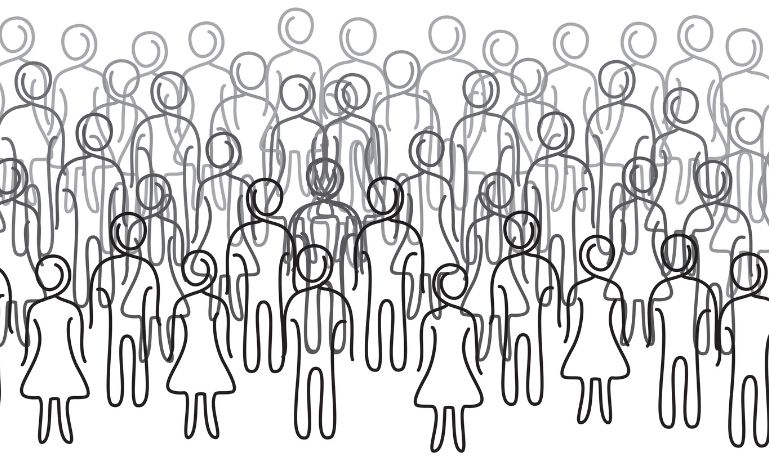Ghost citizens
A new book makes the case for renewed communities and connections

The tabling of Bill C-71 in the House of Commons in May introduced people to a concept many didn’t know existed: lost Canadians.
The legislation aims to restore citizenship rights to persons born abroad to a Canadian parent who was also born abroad. Changes made to the Citizenship Act in 2009 stripped such persons of their Canadian citizenship, measures that were ruled unconstitutional by an Ontario court this past December.
The concept is also the focus of an eye-opening new book by lawyer and University of Ottawa law professor Jamie Chai Yun Liew. Ghost Citizens: Decolonial Apparitions of Stateless, Foreign, and Wayward Figures in Law highlights this jarring concept and an area of law experts have called “the clear runt of the international legal regime.”
Canadian citizenship is valuable; otherwise, governments would not enact laws to protect it and define who has it by right, who can apply for it and how, and the ways in which it can be taken away.
In her extensively researched book, Liew shares the story of people who are not recognized by the country they live in and consider their own. They are a subset of the larger group of stateless individuals — people who have no citizenship in any country whatsoever — yet, they live in a country where they have strong, long-standing connections. Many of them, Liew explains, are in countries colonized by the British, where citizenship laws still bear some of that imprint.
But more than that, she says, they become “ghosted” by their own country, which does not recognize them despite their demonstrable connection to it. The term also includes people who were, against their will, made citizens of another country by the country they consider their home. The book documents the duality of this term and what it means for those who end up living phantom lives in countries where they have no rights or identity, and must survive on the margins of society.
Sometimes, Liew writes, they want to be seen, which isn’t as simple as it sounds.
“For example, when they need health care, education, employment, housing and belonging, their apparitions confuse people, sometimes spooking them, and often igniting speculation and fear about who they are.”
She argues the framework that allows certain countries to create ghost citizens “was a result of the racial categories that were created during British colonial rule,” as well as the post-colonial bargains undertaken between racialized communities that formed during colonial rule.
In the countries examined in her book, those “racial categories are now firmly entrenched in law, whether in the constitution, as law-in-text, legislation, or administrative or judicial decisions.”
There is no official number of stateless persons, but estimates suggest there are 10 million of them worldwide. One, Liew notes, was Hannah Arendt, who was stateless from the time she fled Nazi Germany until she was granted citizenship in the United States in the early 1950s.
Another is the author’s father.
“Born in Brunei, my father was stateless,” she writes. “Brunei, a sultanate, did not confer citizenship to Chinese people. It was this lack of citizenship that led my father to migrate to Canada.”
The most instructive aspect of this book is perhaps the personal stories of ghost citizens and the difficulties they face in obtaining their basic citizenship rights.
“Experiences of ghost citizens contest assumptions that stateless persons are not doing the work to obtain their citizenship or that statelessness is necessarily a development issue,” Liew writes.
“The encounters depicted throughout this research suggest that the overriding issue stateless persons are facing is the active or deliberate acts of the state to prevent, foil, impede, obstruct, frustrate stateless people from obtaining citizenship.”
The book reads remarkably well and leaves the reader with a fresh awareness of a serious problem, but also Liew’s hope that “we will work to reconfigure our communities and relations to each other with honesty, respect and compassion.”


